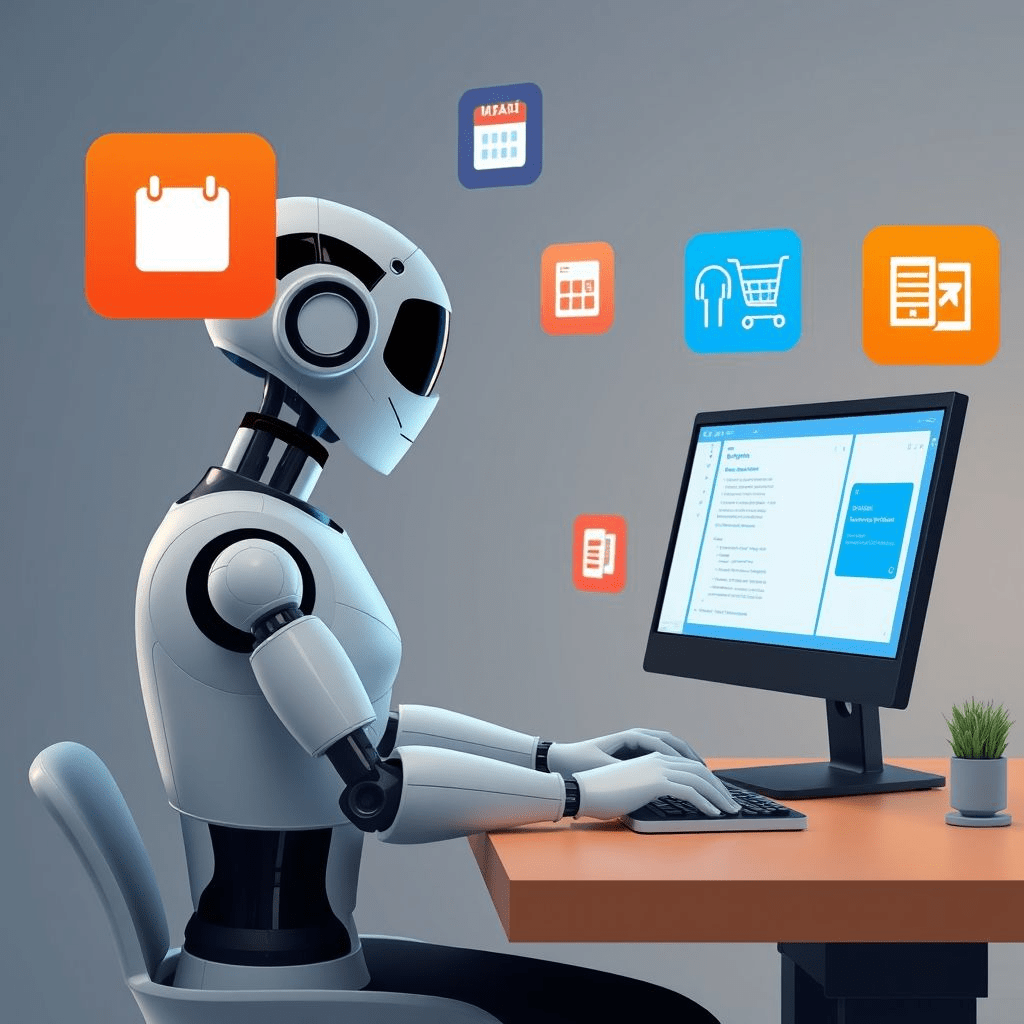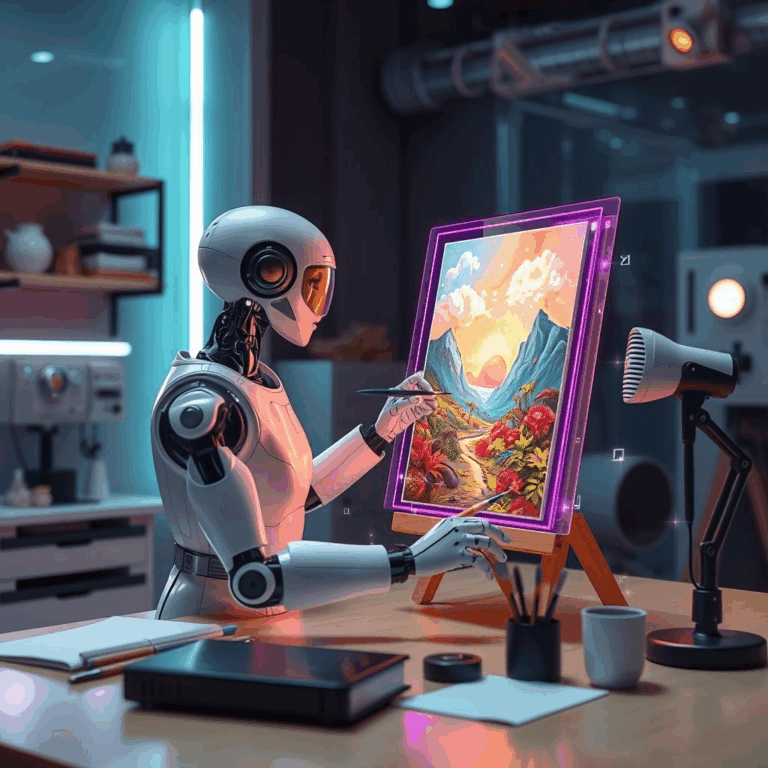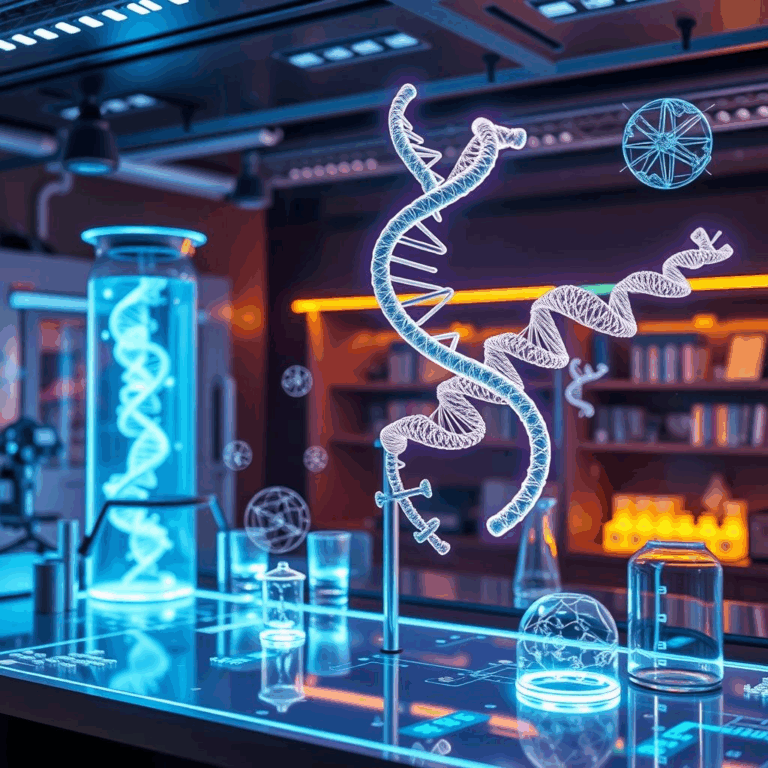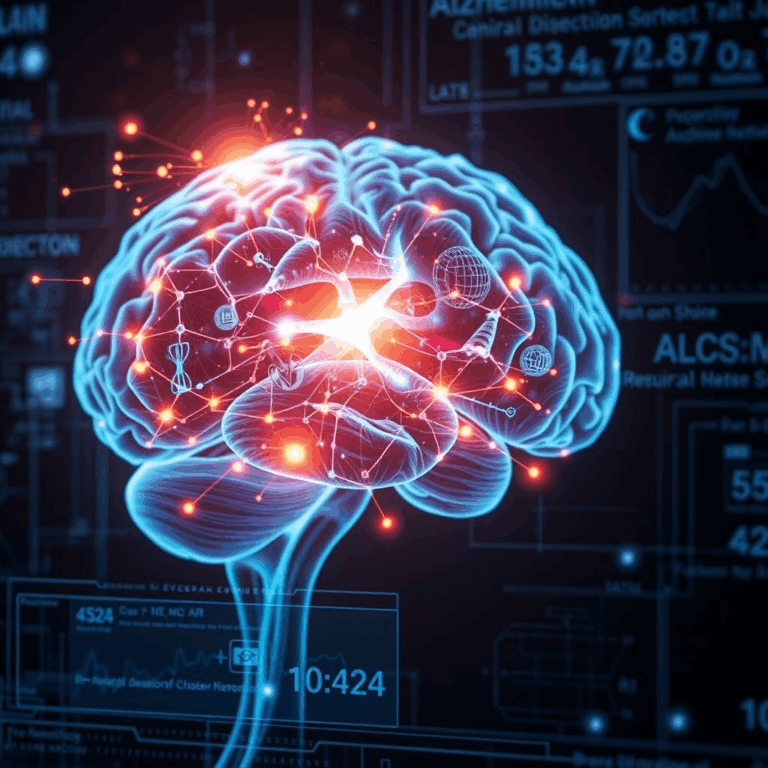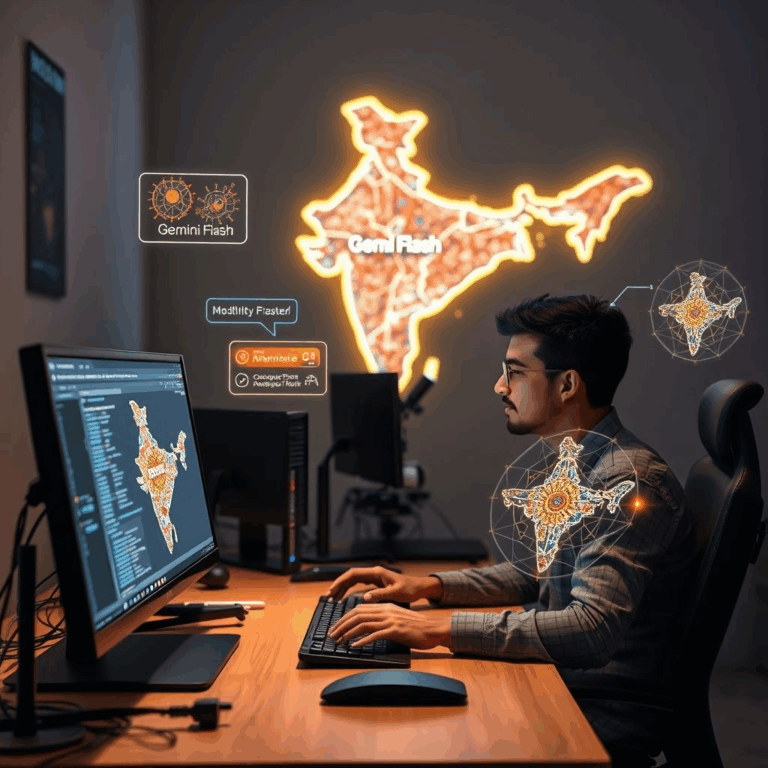Introduction
On July 17, 2025, OpenAI unveiled its most advanced agent yet: the ChatGPT Agent, a unified AI assistant capable of autonomously executing complex, multi-step tasks—researching, building slide decks, shopping online, and managing calendars—all from within ChatGPT. Uniting features from earlier tools like “Operator” (browser control) and “Deep Research” (web synthesis), this release represents a significant leap toward truly agentic AI.
Background: AI Agents So Far
Since early 2025, AI agents have evolved beyond reactive chatbots to become autonomous digital workers. Earlier examples include Operator, introduced to fill forms and place orders online, and Deep Research, which gathered and synthesized data from the web into actionable reports. However, these tools were fragmented, forcing users to toggle between separate modes. The new ChatGPT Agent integrates all these functions seamlessly into one interface.
What Happened
At a live demonstration, CEO Sam Altman introduced ChatGPT Agent, now available as a new “agent mode” for Pro, Plus, and Team subscribers. The agent runs inside a virtual compute environment and interacts with the web like a human—clicking links, filling out forms, coding, and typing.
Some highlights from the demo included:
- Analyzing news and calendar data to draft a detailed meeting brief.
- Planning weekly meals and ordering groceries online.
- Compiling competitive market analysis and auto‑generating slide decks.
- Running scripts in a terminal to analyze data or deploy software.
Performance benchmarks underscored its capabilities: the agent achieved significant gains on “Humanity’s Last Exam” and FrontierMath compared to earlier models.
Reactions and Expert Opinions
The launch generated widespread interest and cautious optimism. Some industry watchers praised the integration, calling it OpenAI’s “boldest attempt yet” at delivering on the promise of AI agents. Experts highlighted both the promise and challenges of this technology, pointing out that agent technology can still be brittle when handling highly complex real‑world scenarios. OpenAI, however, asserts that the ChatGPT Agent is more robust and adaptable than previous efforts.
Impact on Users and Industry
For busy professionals juggling meetings, presentations, and online errands, the ChatGPT Agent could become an indispensable assistant. By automating repetitive workflows like report writing, competitive research, scheduling, and procurement, it offers measurable productivity gains.
For enterprises and developers building agentic workflows, the launch sets a new benchmark, showing how deeply integrated browsing, coding, and task execution can be in a single tool. Its ability to interact with external APIs and services is expected to catalyze further innovation across the ecosystem.
Safety, Ethics, and Next Steps
With expanded capabilities come elevated risks. OpenAI has implemented strong safeguards: manual confirmation for irreversible actions, real-time content moderation (especially for sensitive or restricted topics), and no memory in the agent mode to prevent unintended data leakage.
OpenAI’s roadmap includes rolling out the agent to enterprise and education customers, further reducing latency, improving performance, and expanding integrations with more business and consumer apps.
Future Outlook
ChatGPT Agent’s holistic, autonomous functionality marks a milestone in the evolution of AI. By blending research, browsing, coding, and task automation in one seamless experience, it hints at a future where AI is not just a conversational partner, but a fully-fledged digital coworker capable of executing an entire workflow independently.
Conclusion
OpenAI’s ChatGPT Agent is the most ambitious realization yet of agentic AI—uniting browsing, research, coding, and automation. While reliability and safety remain priorities, this launch signals the beginning of a new era in which AI is an active collaborator rather than a passive assistant.

